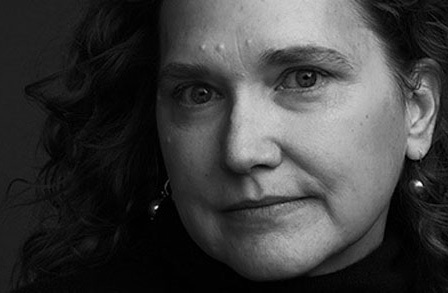Elizabeth Arnold

Research Expertise
Creative Writing
Modernist
Poetics
Postmodern and Contemporary
Elizabeth Arnold is the author of five books of poems, The Reef, Civilization, Effacement, Life, and Skeleton Coast. She has received an Amy Lowell Traveling Scholarship, residencies at Bellagio, MacDowell, and Yaddo, a Whiting Writer's Award, a Bunting Fellowship from Radcliffe College, and a Fine Arts Work Center Fellowship. Arnold's poems and essays have appeared or are forthcoming in Paris Review, Poetry, Slate, Kenyon Review, Conjunctions, Literary Imagination, and The Nation. She edited Mina Loy's novel, Insel, for Black Sparrow Press in the early nineties. She is on the MFA faculty at the University of Maryland and lives in Hyattsville, Maryland.

